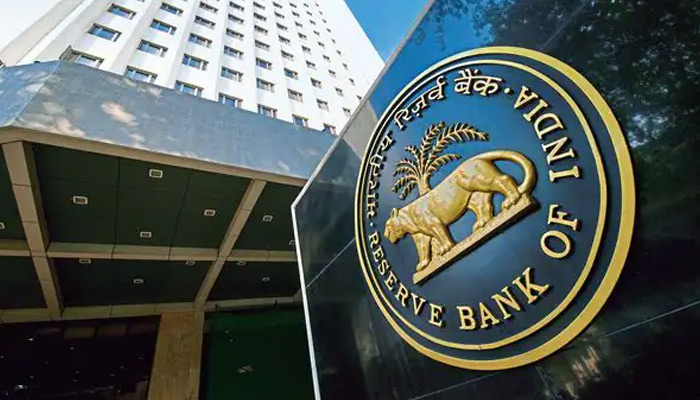The Reserve Bank of India (RBI) has issued a framework aimed at Self-Regulatory Organisations (SROs) operating within the fintech sector on Thursday.
These guidelines outline the framework within which SROs should function, outlining their role as development-oriented bodies and impartial mediators of disputes. “Based on the inputs received and examination thereof, the ‘Framework for Recognising Self-Regulatory Organisation(s) for FinTech Sector’ (SRO-FT framework) has been finalised,” said the release from RBI.
According to the RBI, SROs in the fintech sector should be independent entities, free from external influence, and committed to upholding regulatory standards. They are expected to serve as repositories of information, encouraging members to adhere to established regulations while promoting ethical behaviour and market integrity.
The guidelines mention the importance of a structured oversight framework for SROs, one that is based on activity, risk, and scale. This approach is designed to ensure that regulatory standards are applied consistently and effectively across the industry.
Key responsibilities of SROs include establishing and enforcing regulatory standards, promoting ethical conduct, resolving disputes, and fostering transparency and accountability among members. RBI has highlighted the need for SROs to be representative bodies, drawing upon the collective expertise and experience of their members to develop pragmatic and widely accepted standards.
In terms of membership, the guidelines specify that SROs should have diversified shareholding, with no single entity holding more than 10% of its paid-up share capital. Additionally, fintech companies domiciled outside India may also be eligible for membership.
One crucial aspect of the guidelines is the requirement for SROs to address instances of ‘user harm,’ such as fraud, misselling, and unauthorised transactions. SROs are expected to have mechanisms in place to manage and respond to such incidents promptly.
In terms of oversight and enforcement, SROs are encouraged to establish structured frameworks for monitoring fintech activities and ensuring compliance with regulatory standards. Surveillance mechanisms should be deployed to detect exceptions, with a focus on maintaining confidentiality and collecting only essential information.
Consequences for violating agreed rules and codes may include counselling, cautioning, reprimanding, or even expulsion from the SRO. Monetary penalties, if imposed, should be reasonable and not overly punitive. The RBI had previously released a draft framework for SROs in the fintech sector on January 15, 2024, seeking input from stakeholders.

